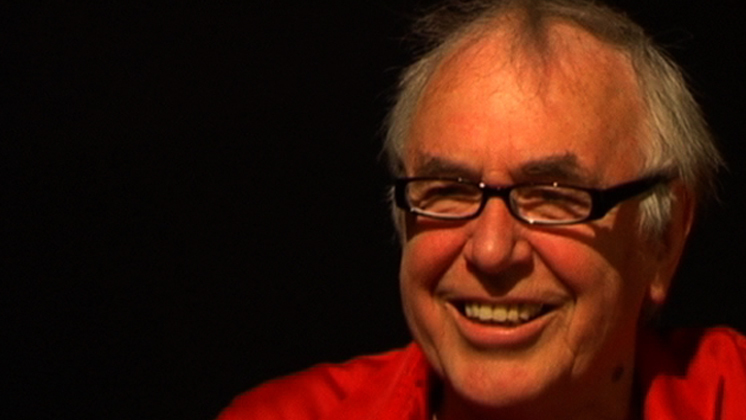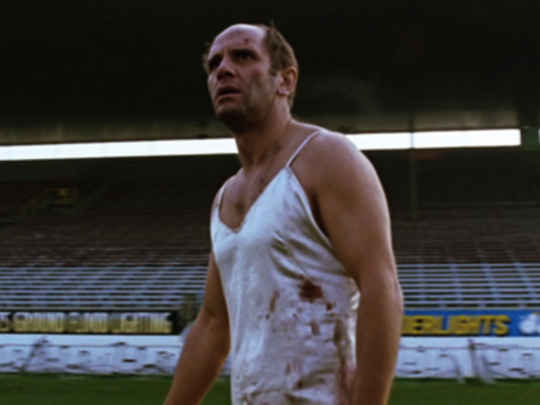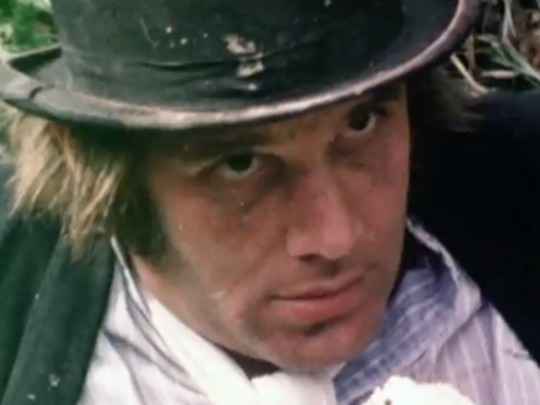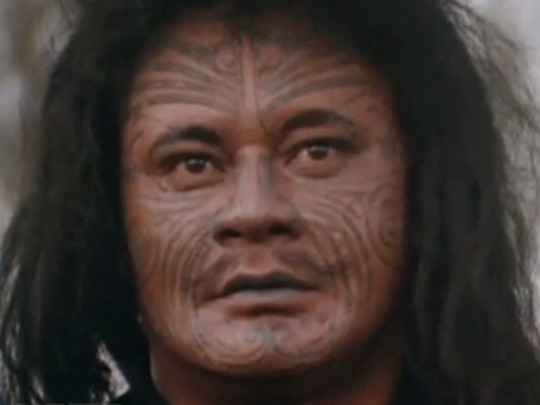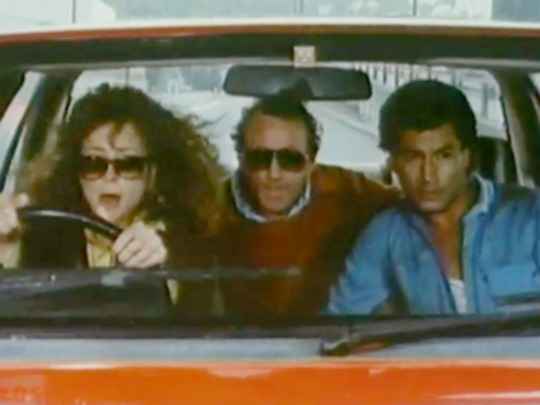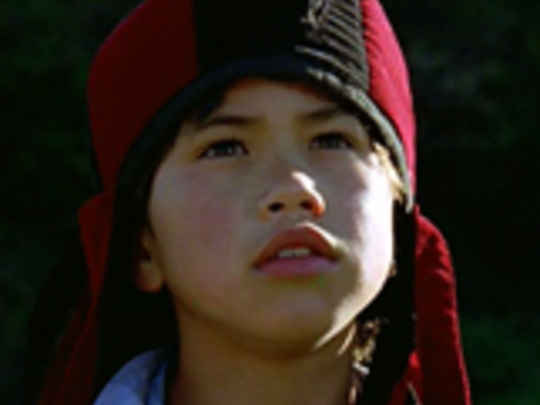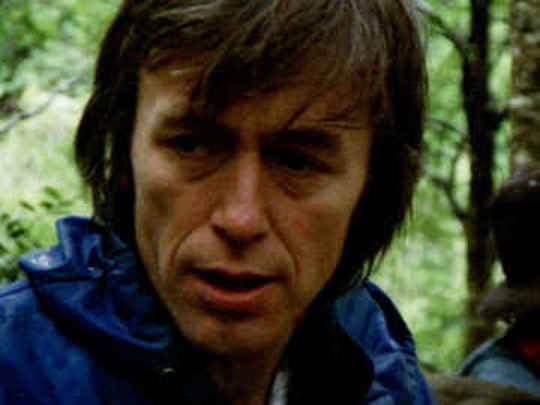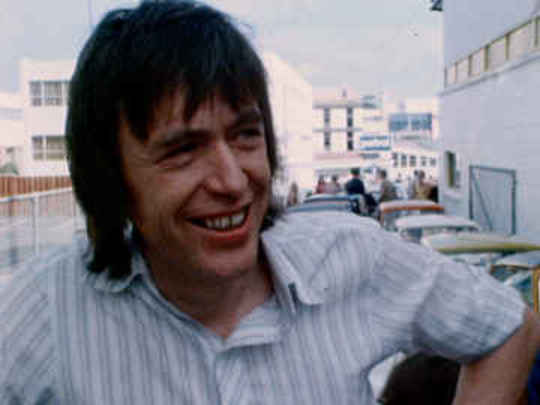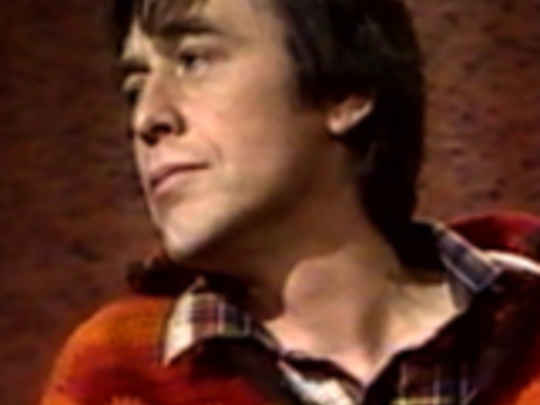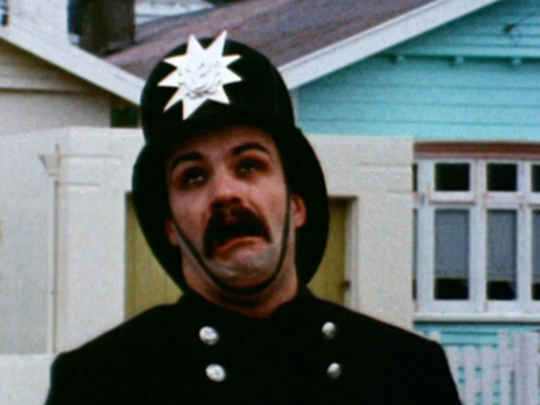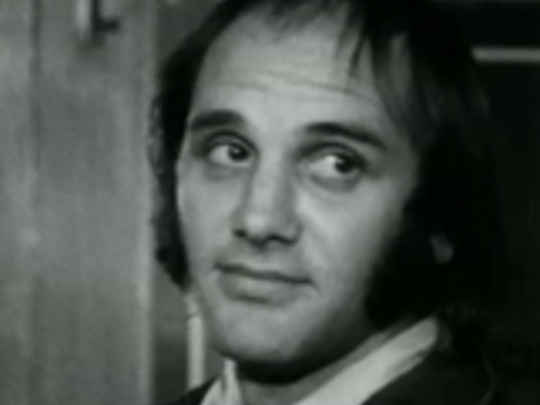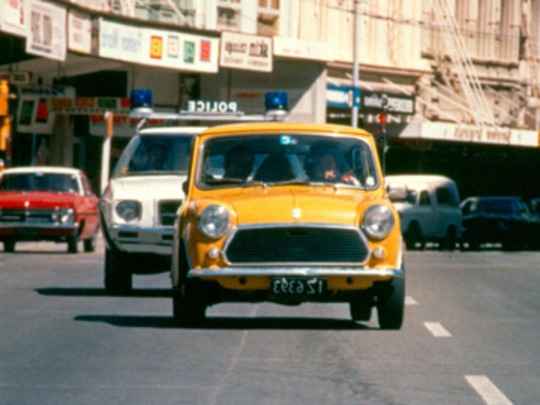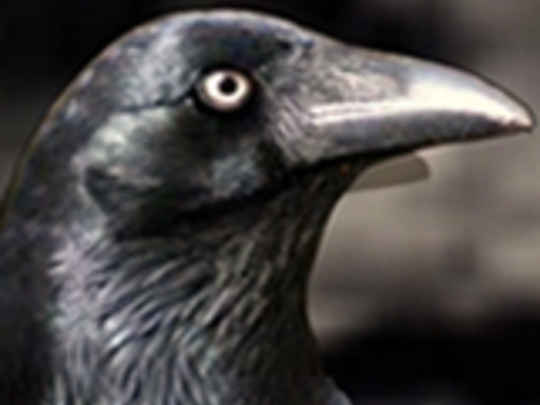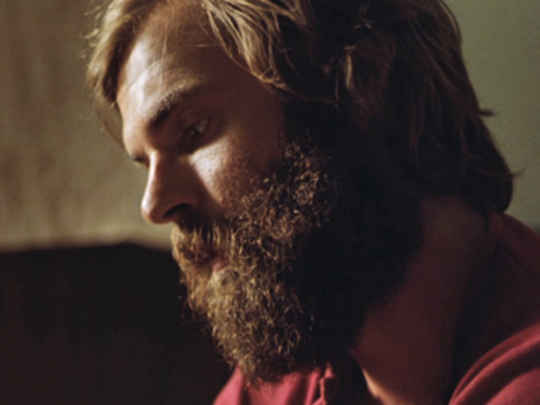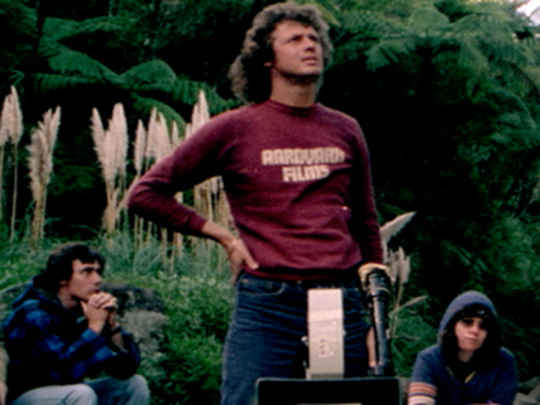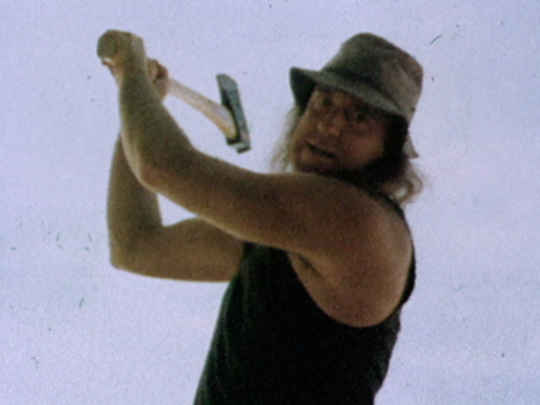Geoff Murphy: From Blerta to Pork Pie, to Hollywood...
Interview – 2011
Geoff Murphy was the teacher and trumpet player who got New Zealand yelling in the movie aisles. After boning up on filmmaking while touring on the Blerta bus, Murphy turned out a triple punch of local classics: 1981 blockbuster Goodbye Pork Pie, historical epic Utu and last man on earth tale The Quiet Earth. The director worked with everyone from Wild Man Bruno Lawrence to Mickey Rourke; from varsity safecrackers to hobbits, with time for nail-biting hijinks in Wellington railyards and atop the LA Metro train.
In this ScreenTalk, Murphy talks about:
- The days when New Zealand had so many film reviewers, you could easily 'make a national idiot of yourself'
- Fighting to handle local distribution and publicity for Goodbye Pork Pie — and realising the movie wasn’t the work of genius some thought
- How Goodbye Pork Pie's famous line 'We're taking this bloody car to Invercargill' had audiences erupting in cinemas
- Making movies on the Blerta bus — and how working without dialogue proved helpful in his later career
- Casting union delegate Zac Wallace to star as Te Wheke in Land Wars epic Utu, and Murphy’s happiness at the high turnout of Māori viewers
- Comical tales of filming Utu on location, with 1000 extras
- How sci-fi cult legend The Quiet Earth was forced into production, thanks to its investors
- The challenge of making a movie where for extended scenes only one character (Bruno Lawrence) is on screen
- Working in Hollywood, and the perils of taking the honest approach
This video
was first uploaded on 3 May 2011, and
is available under
this Creative Commons licence.
This licence is limited to use of ScreenTalk interview footage only and does not apply to any video content and
photographs from films, television, music videos, web series and commercials used in the interview.
Interview - Ian Pryor. Camera and Editing – Alex Backhouse
